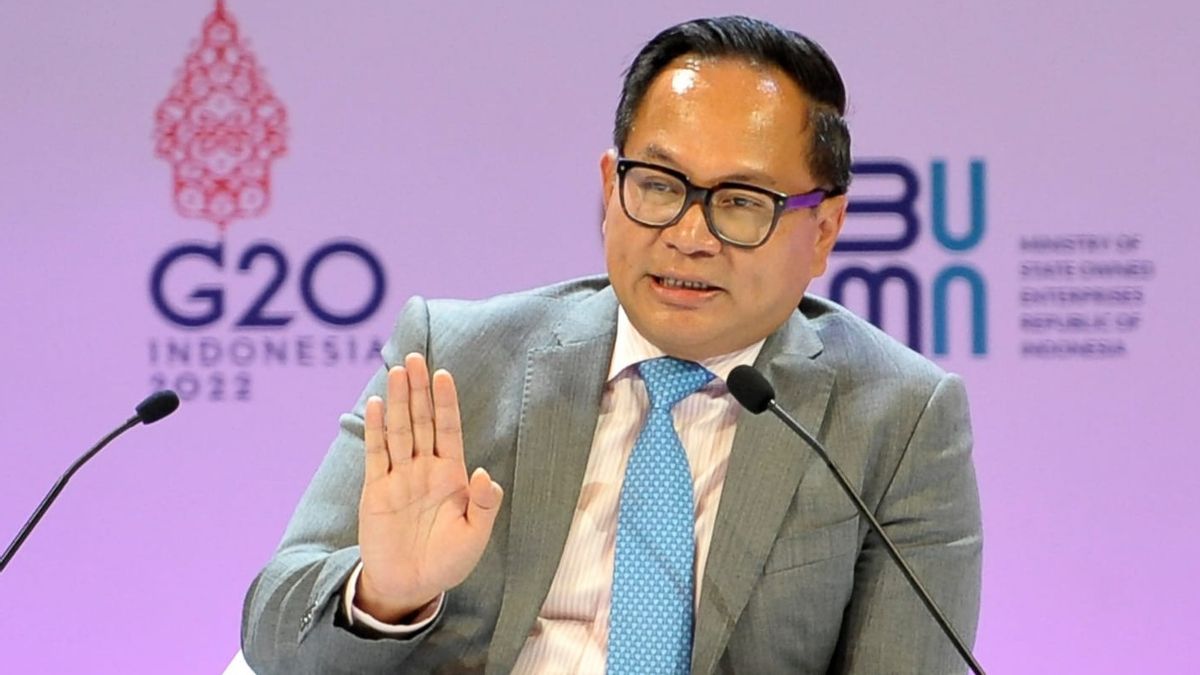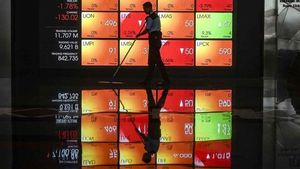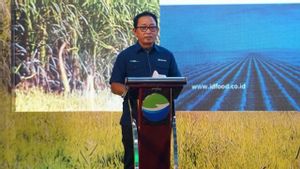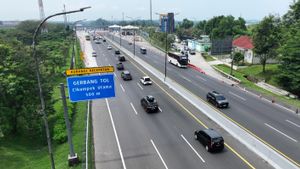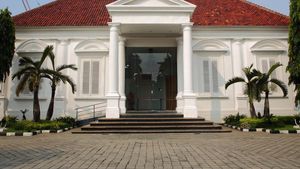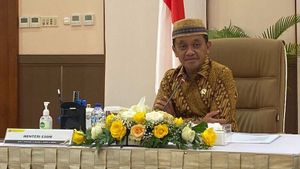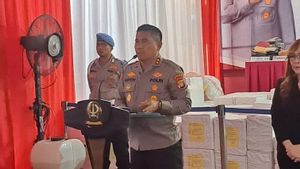JAKARTA - Indonesia has the potential to become the country with the largest digital economy in Southeast Asia. With a digital economy projected to grow to IDR 4,500 trillion by 2030, Indonesia has enormous potential and resources to become the leading digital economy.
Deputy Minister of SOEs II Kartika Wirjoatmodjo revealed, SOEs must take advantage of the momentum of this digitalization trend by building a digital ecosystem so that it can continue to grow.
"In the banking sector, we are innovating through Livin ’ by Mandiri, a super app that is not only for banking transactions but can also be used to buy plane tickets, booking hotels, trains and others. Indonesia can create a digital ecosystem through a super app. For this, we can be said to be more advanced than other countries," Kartika said when speaking at the SOE International Conference in the panel II discussion session with the theme Economic Transformation through Digitalization: Impact to Nation ’s Trade & Investment in Nusa Dua Bali, Monday 17 October.
The Ministry of SOEs held SOE International Conference: Driving Sustainable and Inclusive Growth on 17-18 October 2022 in Nusa Dua, Bali. This event is part of Trade, Investment, and Industry Working Group (TIIWG) Road to G20.
SOE International Conference is held as the government's commitment to support the implementation of Environment, Social, and Governance (ESG) and Sustainable Development Goals (SDGs) aspects, particularly in the health sector, financial inclusion, digital transformation, and energy transition.
Kartika added, Indonesia is one of the countries that is fast in carrying out digital adoption during the pandemic. Currently, more and more Indonesians are used to using gadgets and also shopping at e-commerce. Therefore, the government will encourage this digitalization trend into the industrial sector.
"We have seen Telkom's efforts to build BTS in remote areas as an effort to open telecommunication access. This is an investment in the back end sector. This of course aims to create a digital ecosystem that is increasingly evenly distributed throughout Indonesia," Kartika explained.
Kartika added, Telkom also carried out digital adoption during the pandemic by creating the PeduliLindung application. This application can track people who are positive for Covid-19 and are proven to be very effective. Digital adoption carried out by Telkom with PeduliLindungi and Mandiri with Livin’ is part of the transformation of SOEs and must be imitated by other SOEs to continue to grow.
Previously, SOE Minister Erick Thohir explained, since 2019 the Ministry of SOEs has carried out a transformation of SOEs. Currently, the SOE transformation process has reached 80 percent. In the next 1.5 years, the SOE transformation process is expected to reach 100 percent.
Erick Thohir revealed, in the last 3.5 years, SOE income increased 18.8 percent to Rp2,295 trillion and consolidated profits jumped 838 percent to Rp124.7 trillion.
CEO of China International Capital Corporation Singapore Stephen Ng said China's digital economy continues to increase. In 2012-2021, China's digital economy scale rose from 1.5 trillion USD to 7 trillion USD.
"The Chinese government is committed to developing the digital economy by making a 5-year plan, namely 2021-2025. The main focus is building telecommunications networks, national data systems to digital resources," said Stephen.
In addition, SOEs in China also have an important role in improving the digital economy by building a data center and 5G internet.
Microsoft Asia President Ahmed Mazani added that Microsoft has a responsibility to help countries around the world adapt to digital. Ahmed praised the Indonesian government for accelerating the digital adoption process during the pandemic.
Global Head Technology, Media & Telecommunication Boston Consulting Group Vaishali Rastogi said digital adaptation increased 20-30 percent during the pandemic. This proves that there has been a massive change from conventional to digital practices.
"Vietnam, Thailand, and Indonesia are much more advanced in implementing digital adaptation. MSMEs have carried out digital transactions by selling goods through e-commerce and also digital payments," Vaishali explained.
The English, Chinese, Japanese, Arabic, and French versions are automatically generated by the AI. So there may still be inaccuracies in translating, please always see Indonesian as our main language. (system supported by DigitalSiber.id)
